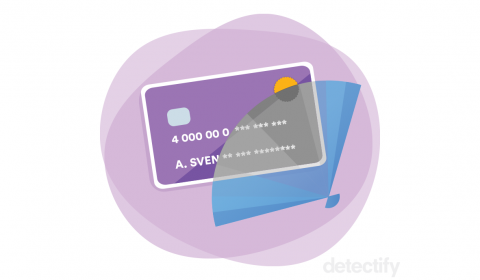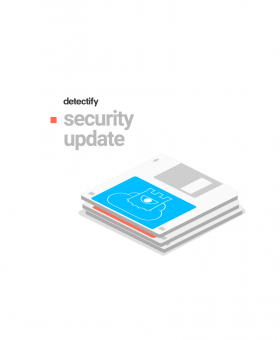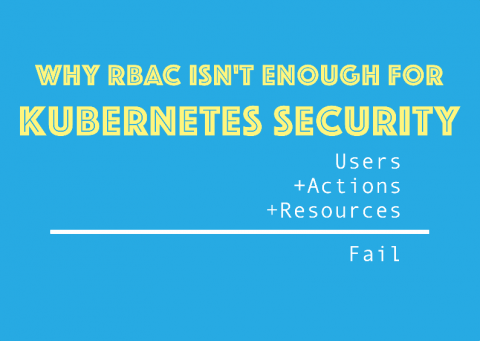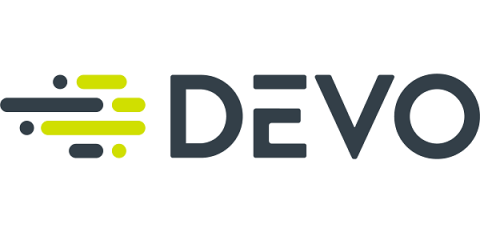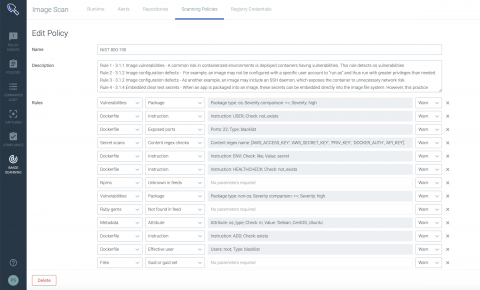Security | Threat Detection | Cyberattacks | DevSecOps | Compliance
%term
What information does Detectify provide for PCI Compliance Requirement 6?
The Payment Card Industry Data Security Standard (PCI DSS) program provides an information security compliance benchmark for companies that are handling, processing and storing cardholder data online. Software development and vulnerability management are covered in the PCI DSS compliance requirements as this concerns products and applications created to handle cardholder data.
Detectify security updates for 18 April
For continuous coverage, we push out major Detectify security updates every two weeks, keeping our tool up-to-date with new findings, features and improvements sourced from our security researchers and Crowdsource ethical hacker community. Due to confidentially agreements, we cannot publicize all security update releases here but they are immediately added to our scanner and available to all users. This post highlights a few things that we have improved in the last two weeks.
Why RBAC is not Enough for Kubernetes Security
Kubernetes isn’t (just) fun and games anymore. It’s being rolled out for production; it’s mission-critical; and all the security and compliance rules and regulations of the old world need to somehow be retrofitted onto Kubernetes. Unfortunately, the old tools for access control like RBAC simply aren’t up to the challenge.
Best Practices with AWS GuardDuty for Security and Compliance
Cloud networks are popular targets for cybercriminals and organizations will inevitably face them. If you’ve ever administered a network of any type, you know that DDoS (distributed denial of service) attack attempts are really frequent, and there’s loads of malware out there too.
Devo recognized in new Intelligent Application & Service Monitoring report
Forrester Research has released The Forrester Wave™: Intelligent Application & Service Monitoring, Q2 2019 report and I am excited to share that Devo has been identified as a Strong Performer. Devo’s recognition as a Strong Performer is, in our opinion, a great validation of our data-first approach.
Workflow Automation For Compliance
The time-consuming, administratively burdensome compliance process is riddled with potential human errors that can lead to violations. As securing data increasingly relies on proving controls’ effectiveness, the compliance becomes more stressful for everyone in the organization. However, building compliance workflow can streamline the process leading to a more cost effect and auditable outcome.
Siegeware and BAS attacks, an emerging threat
As technological solutions to cybercrime become increasingly advanced, able to preempt attacks and weed out vulnerabilities before they’re widely known, attackers also become more adept at cloaking their presence and concealing their intent. The targets of attacks also change with the times.
Cloud Native visibility and security with Sysdig Platform
NIST SP 800-190 application container security with Sysdig Secure
In September 2017, the National Institute of Standards and Technology (NIST) released Special Publication (SP) 800-190, Application Container Security Guide. NIST SP 800-190 explains the security concerns associated with container technologies and recommendations for the image details and container runtime security. It provides prescriptive details for various sections including image, registry, orchestrator, container and host OS countermeasures.



